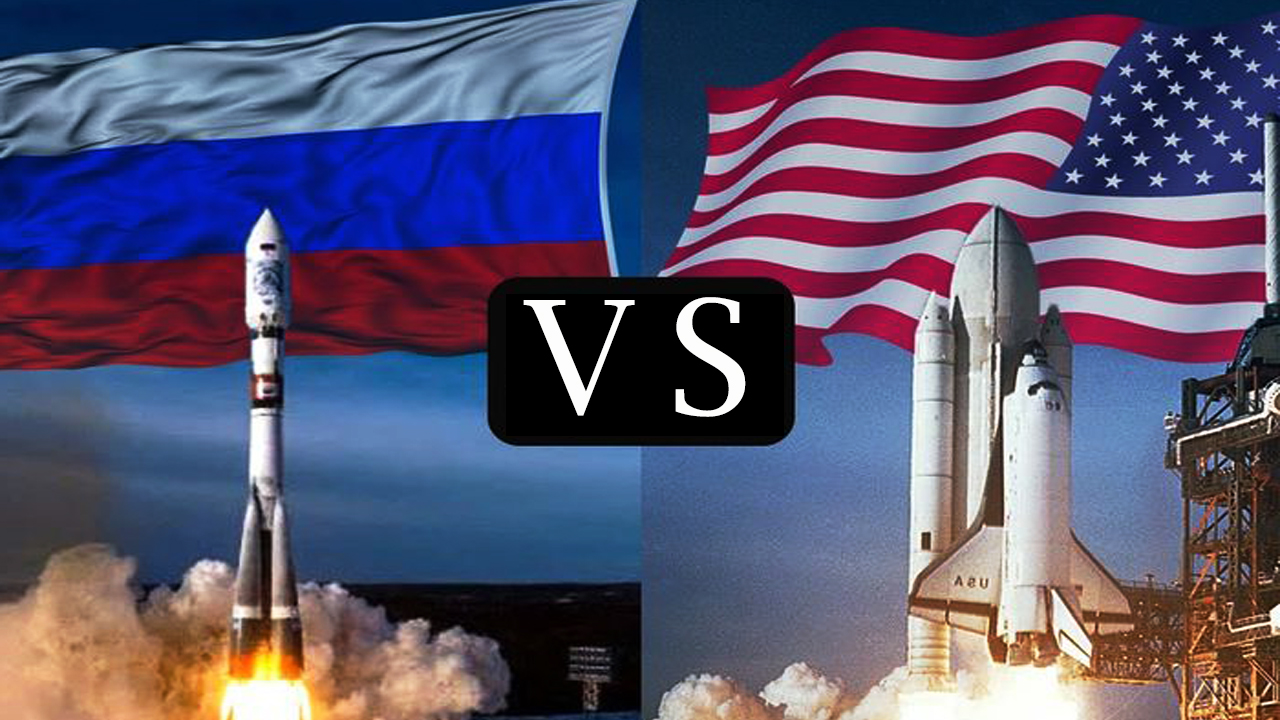 |
| International Space Station be without Russia |
Militarymedia.net | The head of the Russian space agency, Dmitry Rogozin, has issued a threat regarding the partnership between Russia and the United States that keeps the International Space Station (ISS) operational today. Any sanctions imposed by the United States and its allies could destroy the partnership.
The threat has attracted worldwide attention. Experts even assess Russia will end its involvement in the ISS at least until 2024. And Russia's withdrawal from the project could mean that the ISS will be completely dependent on NASA and will accelerate the destruction of the ISS.
"Any sanctions imposed (on Russia) as a result could "destroy" the partnership between Russia and the United States that keeps the ISS operational and aloft," Rozogin said.
Moscow-based space analyst Andrey Ionin last week noted in an article in the Russian newspaper Izvestia that Russia could end its involvement in the ISS project by 2024.
The first part of the now-defunct space station was thrust into orbit in 1998 and is expected to last only 15 years. The ISS mission has since been extended, and NASA is now proposing to keep it in orbit until at least 2030.
"But with the current sanctions, Roscosmos does not have a single argument to approve NASA's proposal," said Ionin. "So the existing agreement to cooperate on the ISS could expire in 2024."
If Russia did end its involvement in the ISS, the biggest loss would be the loss of the rocket power that kept the ISS in orbit. That power is now provided by the explosion of the engines of Russia's Soyuz spacecraft docked there.
But US-based space journalist Keith Cowing, editor of NASA Watch, told Live Science that NASA will soon be testing the ability to keep the ISS in orbit using the engines of the cargo spacecraft Cygnus. The plane was manufactured and launched by US aerospace company Northrop Grumman, "So it's not as much of a threat as it used to be," he said.
So, according to Cowing, NASA and other partners would be able to keep the ISS in orbit for nearly a decade even if Russia withdrew from the project. And since the start of the flights of the Cygnus and Dragon spacecraft, NASA and other partners in the ISS project, the European space agency (ESA), Japan and Canada, have no longer relied on the Russian Soyuz to transport crew and cargo. to the space station.
He warned that even if Russia chose to continue its involvement, it could face international pressure on its activities in space because of its actions in Ukraine. "The problem here is that they've crossed the line, and I'm not sure anyone would really want to work with them anymore," Cowing said.
Astrophysicist Martin Barstow of Leeds University in the UK who leads the group overseeing British science experiments on the ISS. "I feel very sad that this is happening," Barstow said. "Even during the deep Cold War, scientific cooperation could continue, enabling a soft-power backchannel that allowed scientists to meet to share ideas."
Barstow was also horrified by the events of the war. "Russia's actions in invading Ukraine were so extreme that no scientist I know feels that we can continue our usual collaboration," he said.
The European Space Agency's recent decision to suspend its collaboration with Russia on the ExoMars mission would, at the very least, cause a severe delay in the launch of a project of great importance to scientists in the region.
"However, we cannot compare this disappointment to the pain experienced by the Ukrainian people. Russia's withdrawal from cooperation on the ISS is not a surprise, but a symptom of a country that has completely lost its moral compass," according to Barstow.









